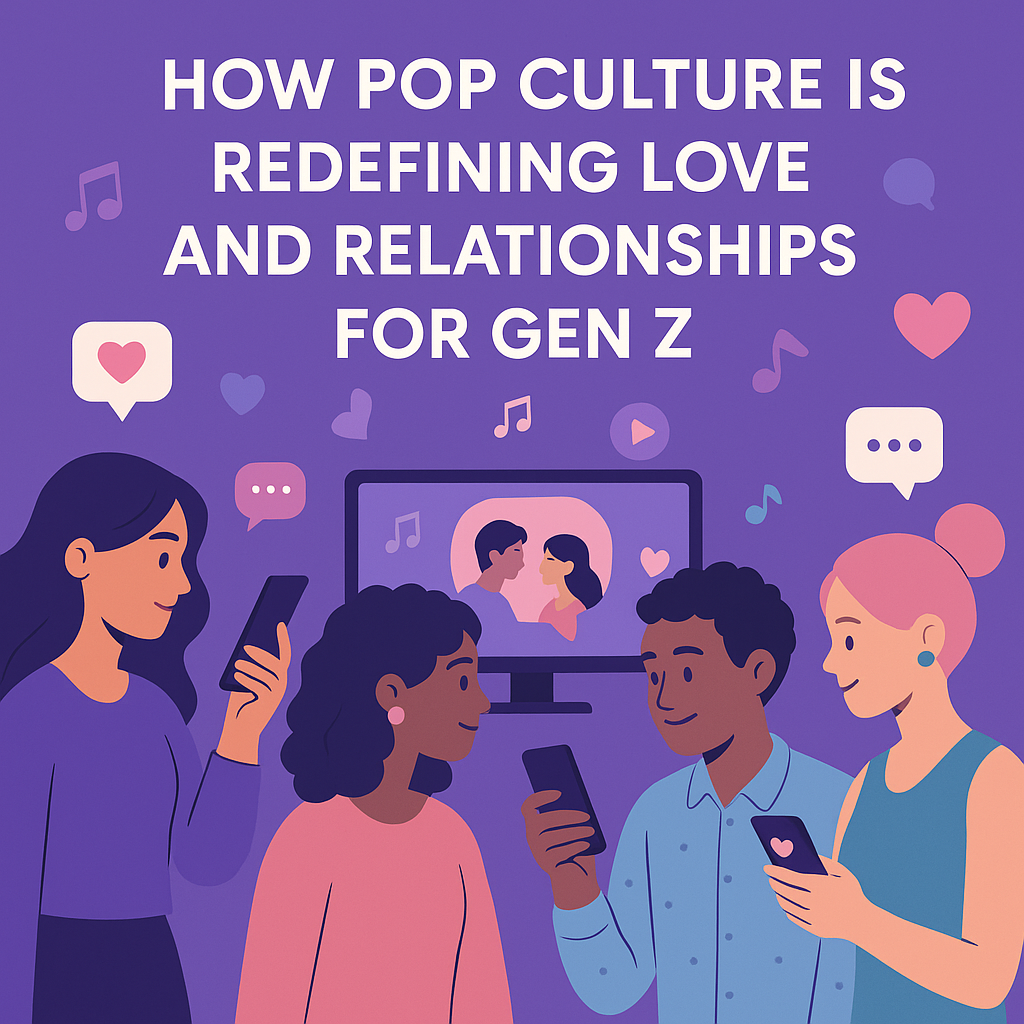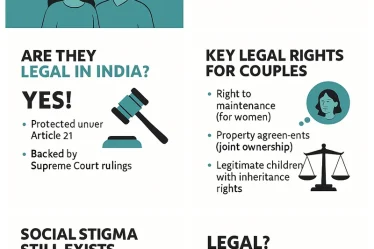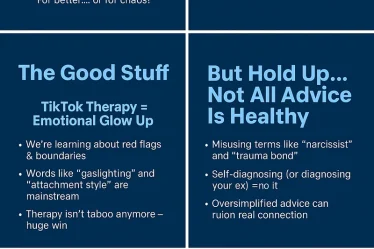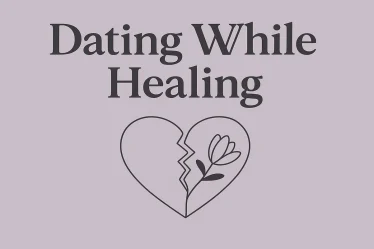
Love has always evolved with culture, but Gen Z is flipping the script faster than any generation before. From swiping right to soft-launching your partner on Instagram, what it means to “date” or “be in a relationship” has taken on new forms—and pop culture is right at the center of this transformation.
In this article, we’re breaking down how pop culture is shaping Gen Z’s attitudes toward love, relationships, and everything in between. Whether you’re trying to understand why commitment looks different now or want to see where dating is headed, this is your guide to love in the digital age.
Digital Romance: Where Love Begins (and Sometimes Ends)
For Gen Z, dating often starts on a screen. Whether it’s Tinder, Bumble, Hinge, or even Instagram DMs, the digital world is the default setting for modern connection.
- Dating apps = normal: Over 55% of Gen Z singles have used a dating app, and many see no stigma around meeting online.
- Shows like Black Mirror and Love, Victor explore app-based romance as part of the narrative, reinforcing it as a new normal.
- Social media signals: From “soft launching” a new partner with a vague hand photo to decoding likes and comments, online behavior is now part of relationship communication.
This shift isn’t just about convenience. It reflects a deeper comfort with curated identities and digital intimacy, things Gen Z has grown up with.
Representation Matters: Redefining What Relationships Look Like
Gen Z is the most diverse and inclusive generation to date—and that’s reflected in the kinds of relationships they form and value.
- LGBTQ+ relationships are front and center in shows like Heartstopper, Euphoria, and Sex Education. These aren’t side stories—they’re leading narratives.
- Non-monogamy and open relationships are being discussed openly in podcasts, YouTube videos, and even on Netflix (You Me Her, Wanderlust).
- Gender roles and expectations are evolving, with many young people rejecting the idea that relationships need to follow a traditional mold.
As a result, Gen Z is more likely to explore different relationship structures, question labels, and prioritize emotional safety and authenticity over societal approval.
TikTok Therapists and the Rise of DIY Relationship Advice
Forget Dr. Phil. Gen Z is turning to TikTok creators and Instagram influencers for guidance on everything from breakup recovery to setting boundaries.
- Popular accounts like @itscaitlinmcbride and @jakegoodmanmd break down emotional patterns and dating red flags in bite-sized, viral videos.
- Mental health language—terms like “love bombing,” “attachment styles,” and “emotional unavailability”—is now part of everyday dating talk.
- But there’s a catch: not all advice is good advice. With so much content, distinguishing between credible insight and oversimplified takes can be tricky.
Still, this trend reflects something powerful: Gen Z wants emotional intelligence in relationships. They want partners who know themselves—and they’re using pop culture to get there.
Celebrity Culture: Love as Performance
Gen Z’s love lives don’t exist in a vacuum—they’re shaped by the celebrities they follow and the content they consume.
- From Zendaya and Tom Holland’s ultra-private romance to the drama-filled ups and downs of Keke Palmer’s public breakup, Gen Z watches, learns, and mirrors.
- The idea of a “situationship” (thanks, TikTok and SZA) is now a widely accepted stage of modern dating.
- Parasocial relationships—where fans feel emotionally invested in celebrities—also affect real-life expectations, for better or worse.
When relationships become content, love becomes part performance, part connection. And Gen Z is savvy enough to both consume and critique this.
Single by Choice: The Rise of Independent Love
Unlike past generations, Gen Z isn’t rushing into marriage, kids, or even cohabitation.
- According to Pew Research, only 23% of Gen Z adults say being married is essential to living a fulfilling life.
- Songs, shows, and influencers celebrate being single, setting boundaries, and building self-worth before jumping into a relationship.
- The term “single positivity” isn’t just a trend—it’s a lifestyle. Being alone isn’t a failure. For many Gen Zers, it’s a power move.
This doesn’t mean love is dead. It just means love is being redefined around choice, not need.
What It All Means for the Future of Dating
So, where are we headed?
Pop culture isn’t just a mirror—it’s a map. It reflects how Gen Z sees love and guides how they navigate it. And while technology and media have changed the playing field, the goals remain surprisingly timeless: connection, understanding, and emotional safety.
For dating platforms like Mate4all, that means evolving with the times. It’s about creating spaces that honor individuality, inclusivity, and the many ways love can look today.
Final Thoughts:
Gen Z isn’t killing love—they’re just rewriting the rules. And if pop culture is any sign, the next chapter of relationships will be more open, self-aware, and emotionally intelligent than ever before.



